Daughter's death 'could have been avoided'
- Published
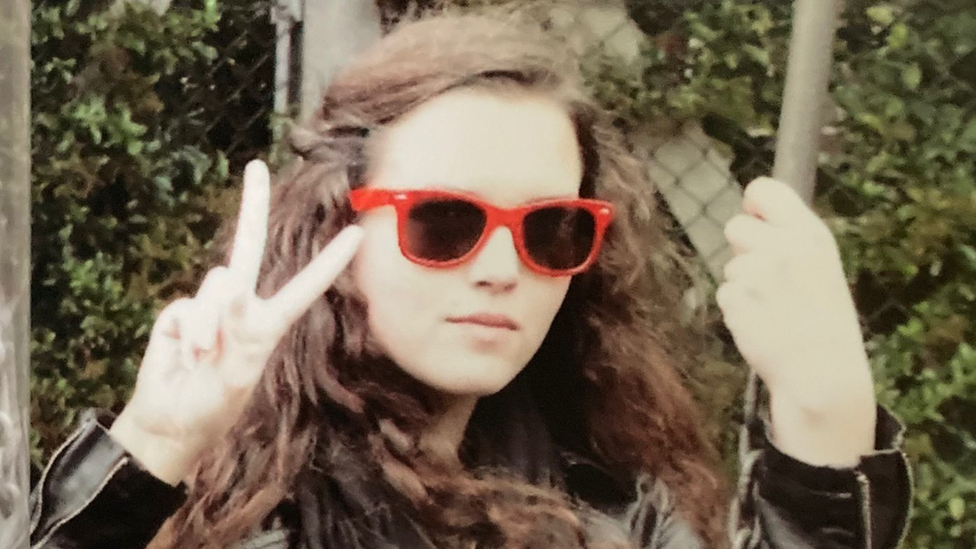
Maeve was diagnosed with ME five years after falling ill
The mother of a woman who died after being discharged from hospital with Myalgic Encephalomyelitis (ME) says the NHS has no way to treat the condition.
Maeve Boothby-O'Neill died aged 27 at home in Exeter in October 2021.
A recent legal hearing into Maeve's death heard there was a gap in NHS services for severely ill ME patients.
The Department of Health said it recognised ME could be incredibly disabling and it was committed to improving care and support.
Maeve's mum, Sarah Boothby, believes her daughter's death could have been avoided.
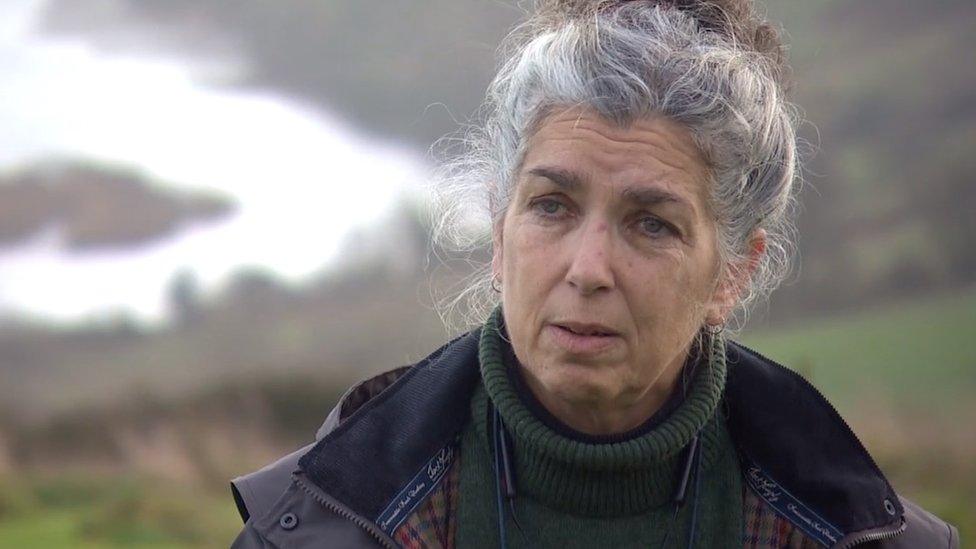
Maeve's mum, Sarah Boothby, said her daughter felt "exhausted"
Maeve was described as a happy and talented child who loved to learn and excelled at school.
"She was very able and talented," Sarah said.
"She had a good ear for music and, as she grew up, her teachers loved having her in their class because she was so bright and interested."
But at the age of 12 a viral infection left Maeve with a feeling of exhaustion that got significantly worse.
'Too late'
Sarah said it took another five years for Maeve's condition to be given a name - Myalgic Encephalomyelitis.
"By the time we got a diagnosis she was so poorly," said Sarah.
"She just carried on as if she was normal and that was the worst thing to do.
"By the time we knew that the only way to make any kind of recovery is to stop and rest and pace everything, it was too late."
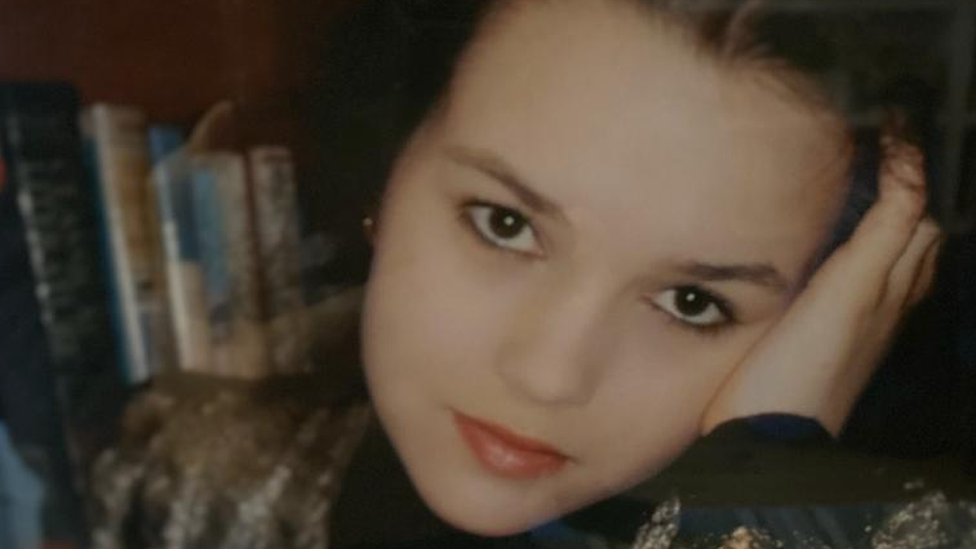
An inquest into Maeve's death has been scheduled for next year
Sue Waddle, from ME Research UK, a not-for-profit group that funds medical research, said the condition was not well understood, partly because there is no known cause or treatment.
"This illness has been stigmatised and denigrated because of incorrect messaging," she said.
"Data isn't collected on the numbers with ME.
"There are no doctor-led Centres of Excellence for ME in this country.
"There is a huge lack of understanding," Ms Waddle said.
Beset by delays
Maeve was hospitalised three times but each time she was discharged from the Royal Devon and Exeter Hospital into her mum Sarah's care because it was felt she was deteriorating in hospital.
Sarah said she wanted to know: "How did my daughter die?
"How could the NHS, how could the hospital, how could all of those people get it so badly wrong?"
An inquest into Maeve's death has been beset by delays and is now scheduled for next year.
But a preliminary hearing - known as a pre-inquest - heard written evidence from the Medical Director of the Royal Devon University Healthcare NHS Foundation Trust.
Dr Anthony Hemsley stated there was a lack of specialist services for patients with severe ME.
He wrote: "The trust was not commissioned, and therefore not resourced, to provide inpatient treatment for severe ME."
Dr Hemsley stated that there was "no opportunity to refer Maeve to a specialist inpatient centre".
He added: "There is a lack of a commissioned specialist service for severe ME both locally, regionally and nationally.
"In order to rectify this situation, action is required at the highest level."
The BBC approached the Royal Devon University Healthcare NHS Foundation Trust for an interview with Dr Hemsley but it said it could not comment on details.
"We would like to express our deepest sympathy to the Boothby-O'Neill family for their loss and our thoughts are with the family throughout this time," a spokesperson for the trust said.
"We are fully engaged with the inquest and whilst the coroner's inquest is ongoing, it would not be appropriate for us to comment at this time."
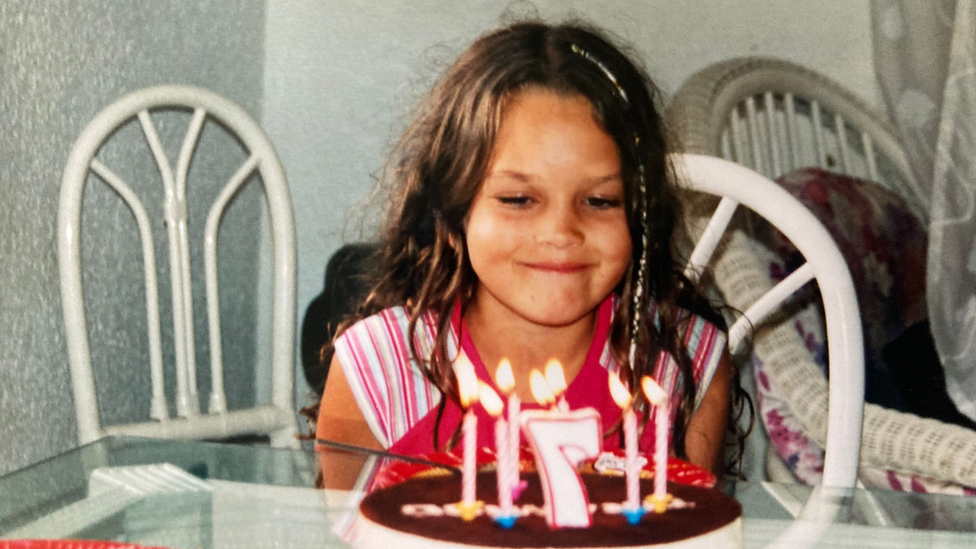
Maeve's mum felt her daughter was getting worse in hospital
Sarah doesn't blame the trust and said Maeve was cared for by many excellent clinicians.
The problem, she said, was system-wide.
"It was Maeve's diagnosis that was the barrier to treatment because there's no policy to treat ME in the NHS," she said.
The Department of Health said it was making improvements.
"We have been consulting on a cross-government delivery plan for England which will include an expansion of research, better education of professionals, improvements in attitudes towards the condition and improvements to service provision," it said.

Follow BBC News South West on X (formerly Twitter), external, Facebook, external and Instagram, external. Send your story ideas to spotlight@bbc.co.uk, external.
Related topics
- Published16 February 2020
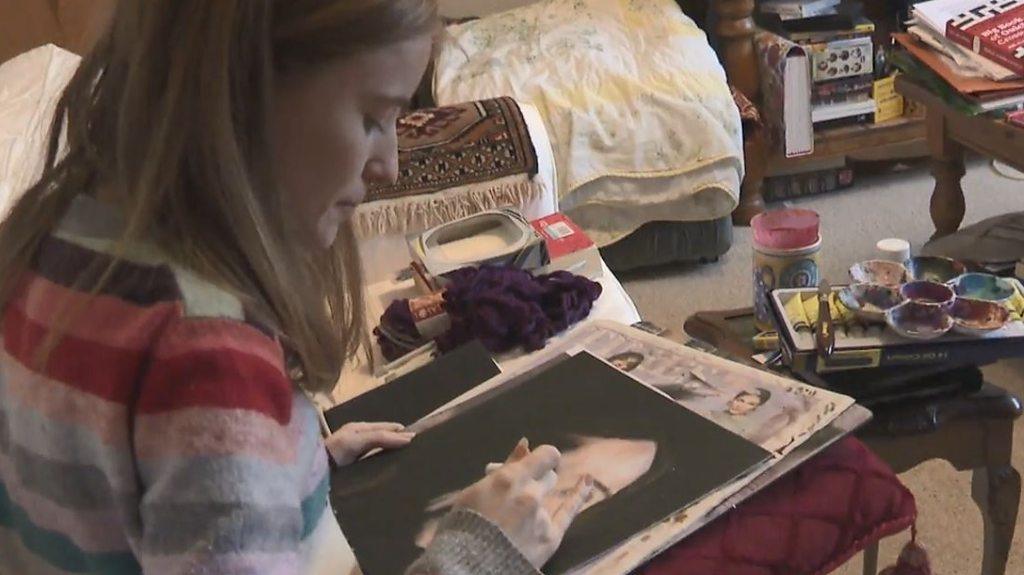
- Published12 September 2022
